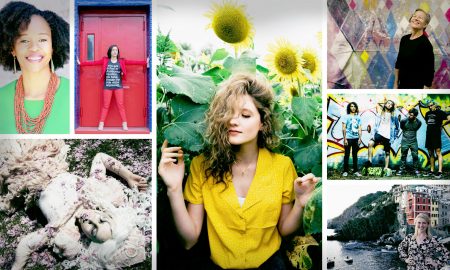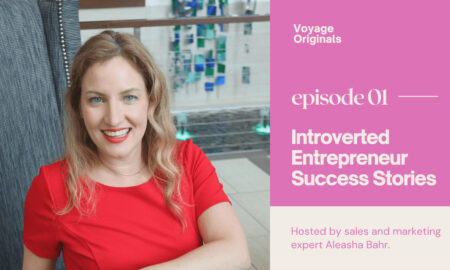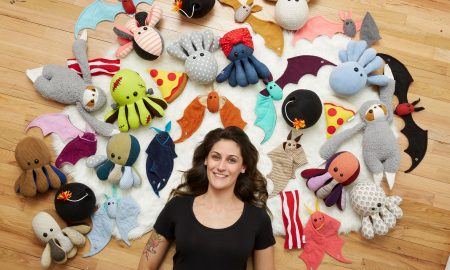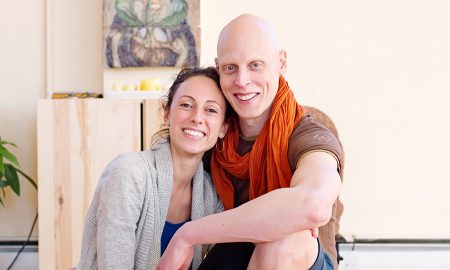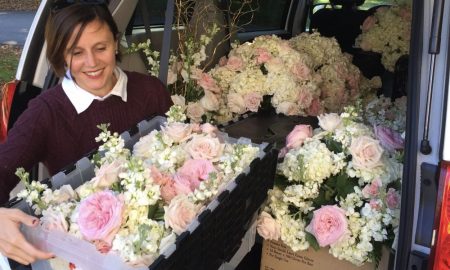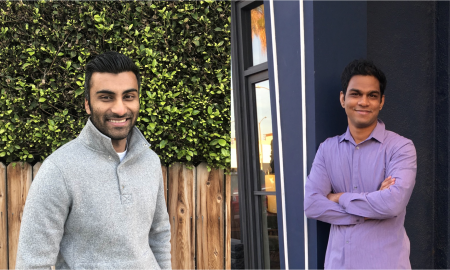

Today we’d like to introduce you to Meg Brown Payson.
Every artist has a unique story. Can you briefly walk us through yours?
My studio is in Maine, across the driveway from my house. My husband and I built both on what was once blueberry land. The trees we planted are now quite big and the gardens has gone through many variations of how to grow tomatoes.
I have lived in Maine almost all my life, leaving only for stints in Boston (I graduated from BU CFA) and in Santa Cruz, and for quite a bit of travel, most recently on regular trips into the Rockies and the red rock canyons of Utah.
I was lucky enough to teach at Maine College of Art for many years. I particularly loved teaching drawing—to make something from nothing and have all the parts fit together is really about learning to widen your field of vision, and my 2d color class was an ongoing revelation for everyone.
I left teaching a few years ago when I decided it was time to have only one job for the first time in my life. Working in the studio full time has been hugely rewarding, but also very challenging. All the things I avoided doing because teaching took up so much of my time were still there waiting and still things I did not particularly want to do.
Please tell us about your art.
My family roots are in Maine. For me, the northern New England landscape is charged with both deep family history and memories of shared adventures. From the beginning, I have wanted my art to reflect my sense of this place as integral to my sense of self.
My first paintings were largely representational in oil and oil pastel with figures disappearing into the trees or all-but-invisible swimmers immersed in a dark lake. Over time, the paintings became more abstract as my interest moved toward how the experience of landscape shifts and changes as the body moves through it. More recently, after a change of medium generated a change in process, my concerns have focussed on the ways in which expectations and preconceptions can distort perception, especially of places we think we know well.
Traveling into canyon country in the Southwest opened my eyes in wonderful ways—I felt like I was seeing like a two year old, before familiarity and language got in the way. Now, I aspire to make paintings that feel like a strange place seen for the first time: coherent and real, but also free of narration and names.
If I had a takeaway message, it would be to shut off your internal narrator, slow down, unfocus your attention and look around.
I worry that we give too much attention to what fits our understanding of the world, and not enough to the bits that don’t fit. This seems especially important in our attempts to make sense of the profound complexity of the wild world we live in and depend on.
Choosing a creative or artistic path comes with many financial challenges. Any advice for those struggling to focus on their artwork due to financial concerns?
I am not sure what advice I can give except to live the life you love and hope for the best. I was lucky enough to work my way into a teaching job I loved, but I had to be both persistent and a bit lucky.
I do wish I’d understood sooner that making your way in the art world is by building professional friendships with people who share your interests. It is not a question of impressing people in the know with how great you are, or, at least, that is unlikely to produce any particular result. Working with people who are excited about you do will bring a much greater reward. If I had learned that earlier, I would have had much more fun.
How or where can people see your work? How can people support your work?
Buy art, anyone’s art. Galleries need to make sales to stay open, and while the blue-chip galleries seem to be doing fine, it is often hard going for the smaller ones.
If you are interested my work in particular, make a date with Joseph Carroll at the Boston Drawing Project @ carrollandsons.net to see flat work, or with June LaCombe @ junelacombesculpture.com to see outdoor pieces in Maine. Both Joseph and June can also help find work not in their inventories.
Contact Info:
- Website: megbrownpayson.com
- Email: meg@megbrownpayson.com
- Instagram: megbrownpaysonstudio
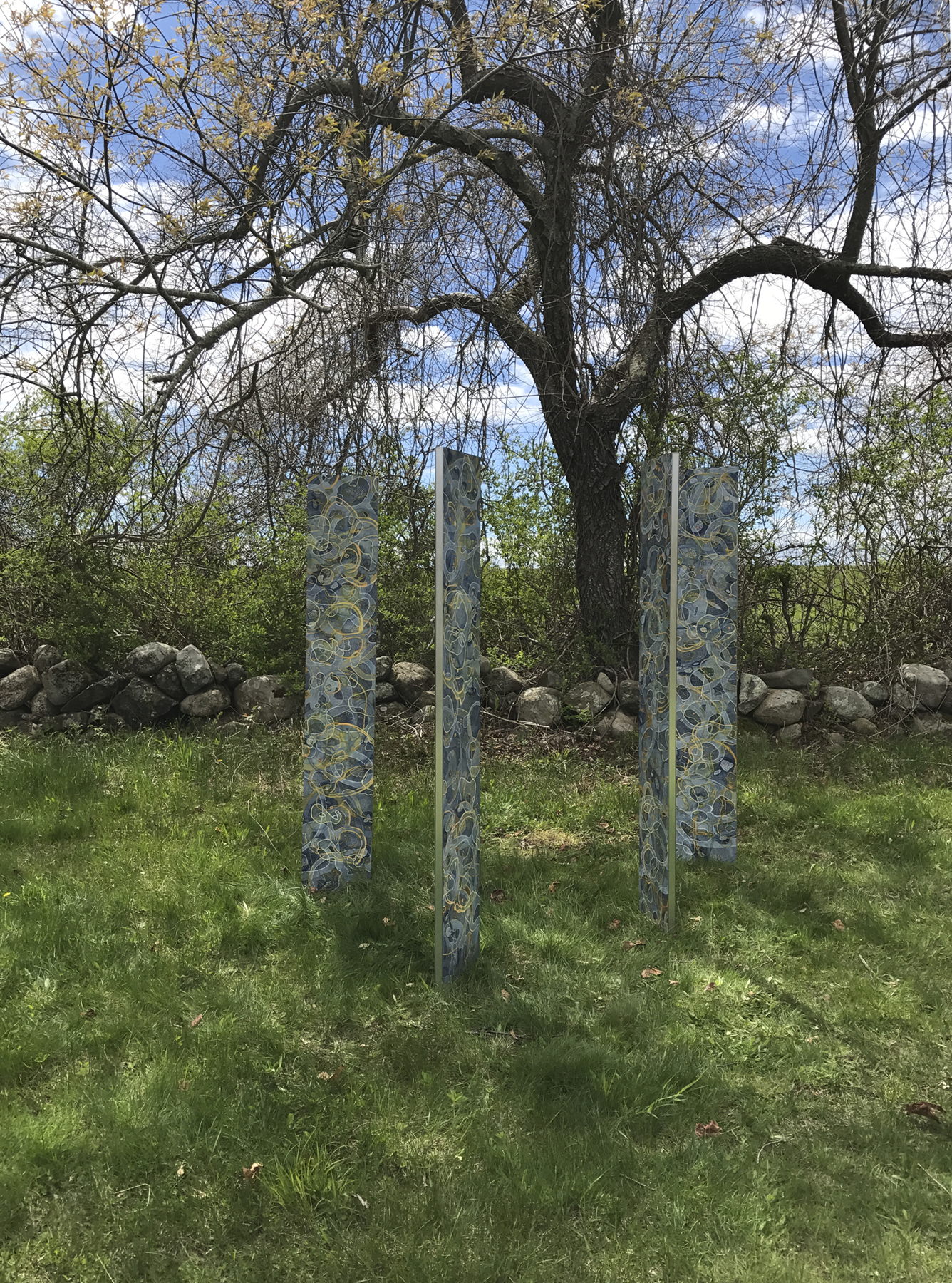
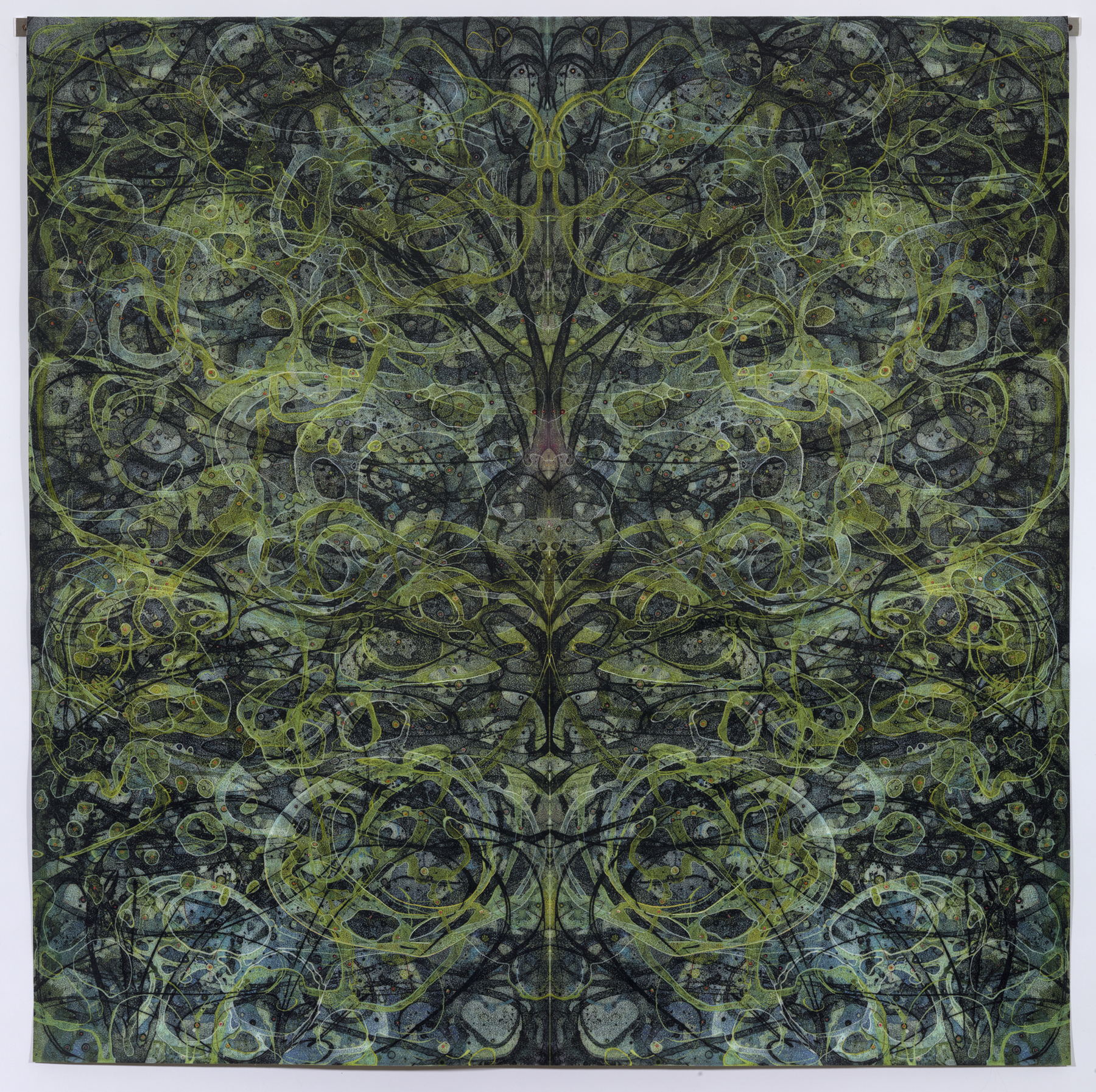
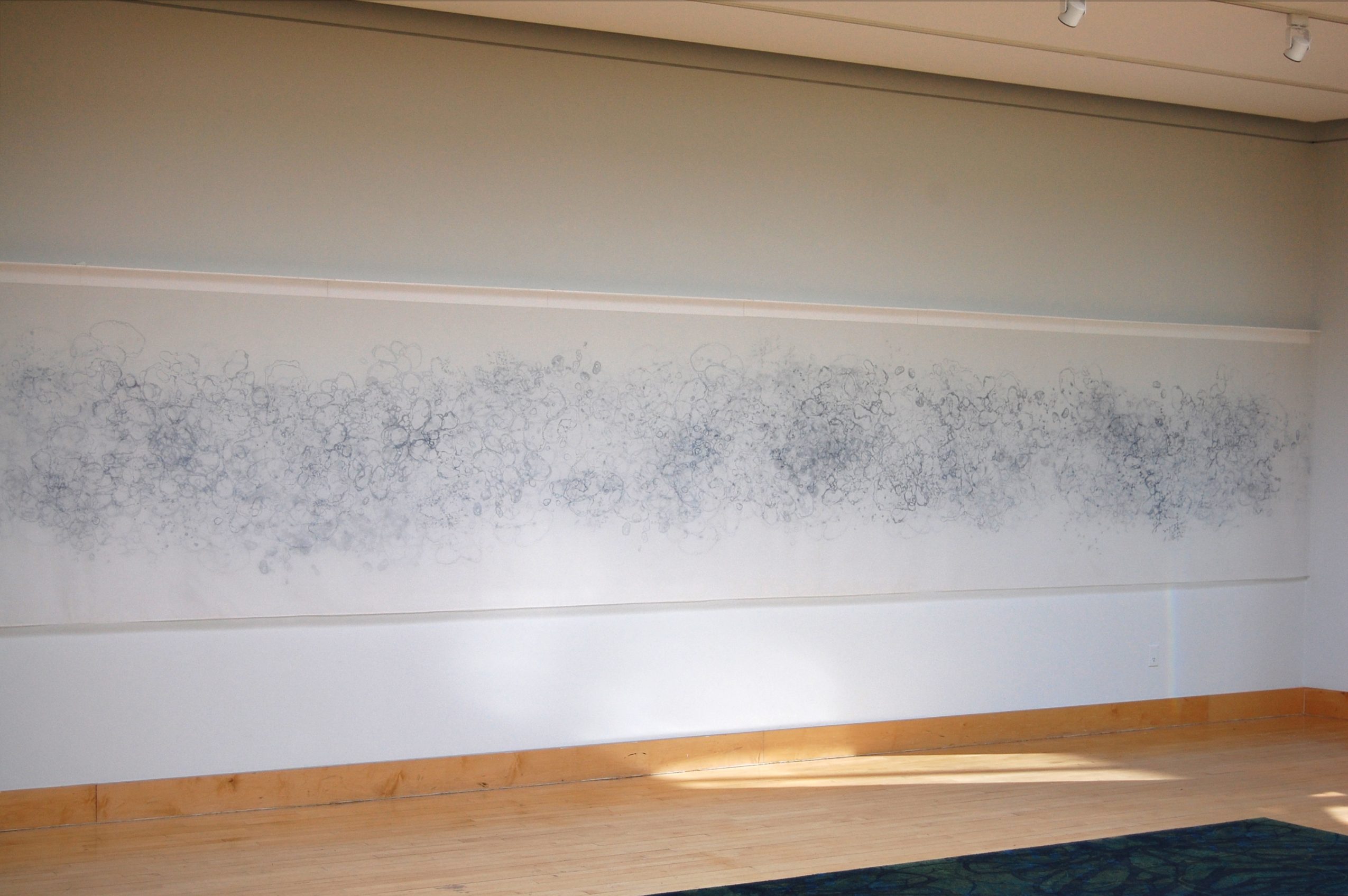
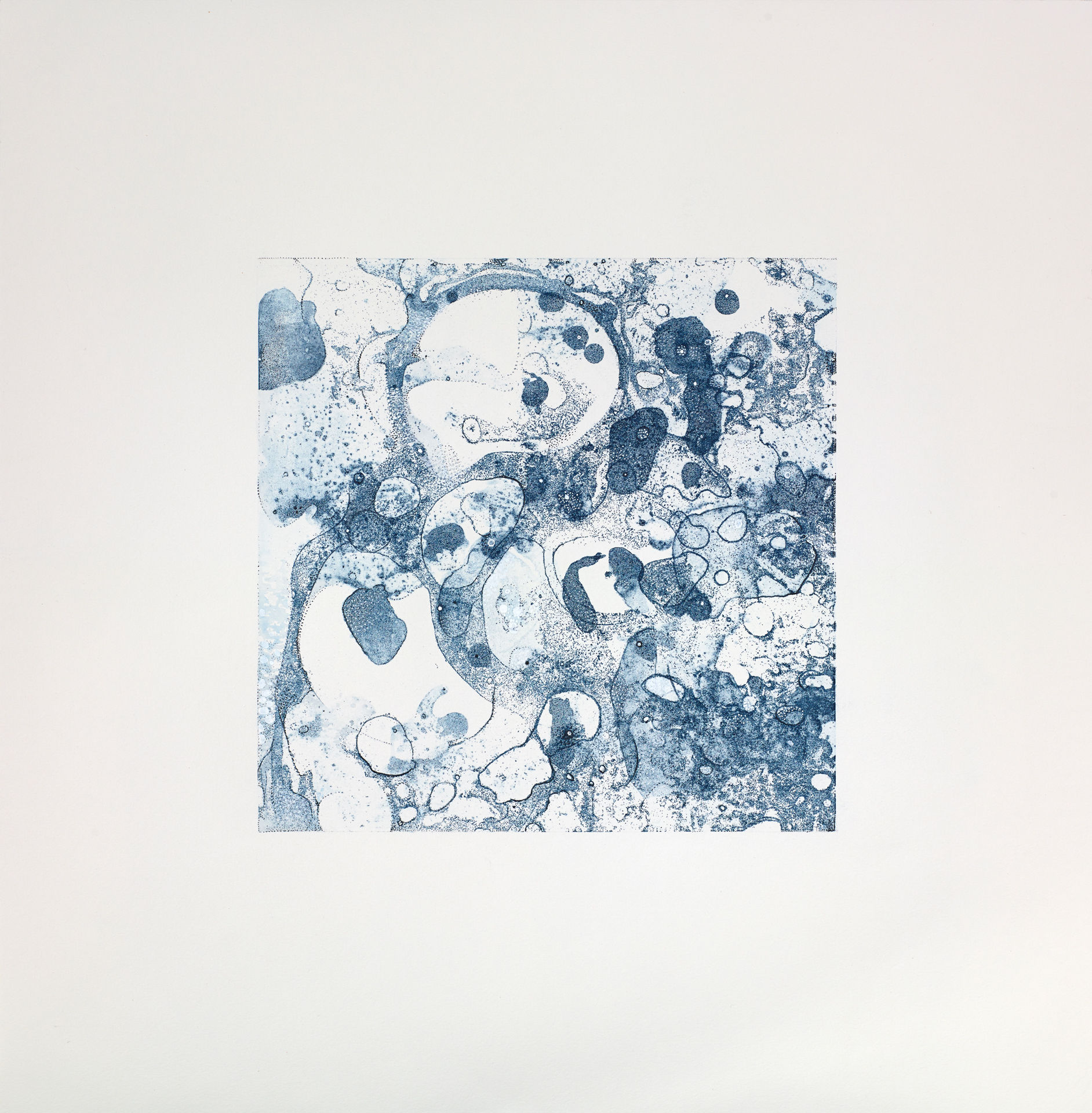
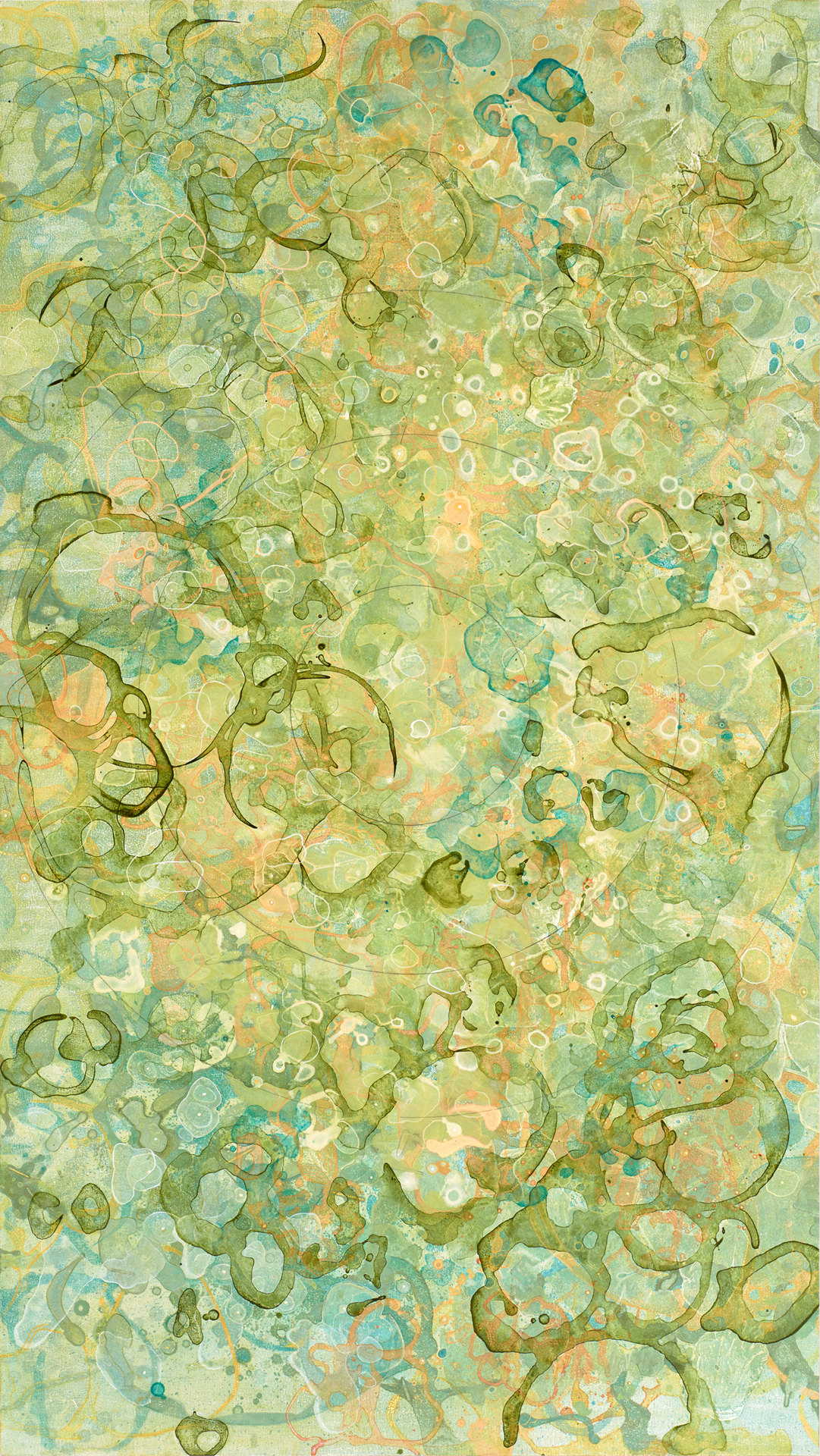
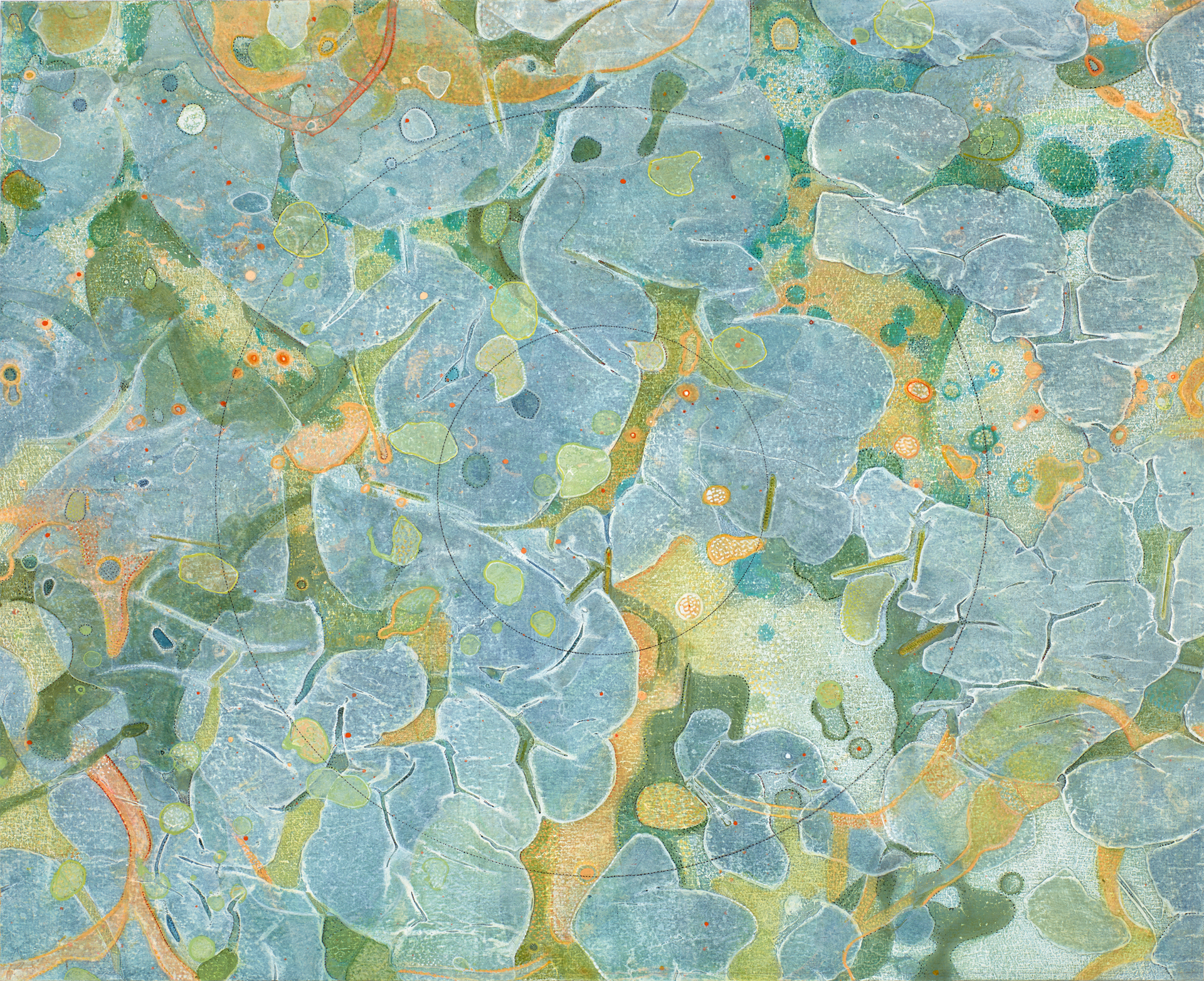
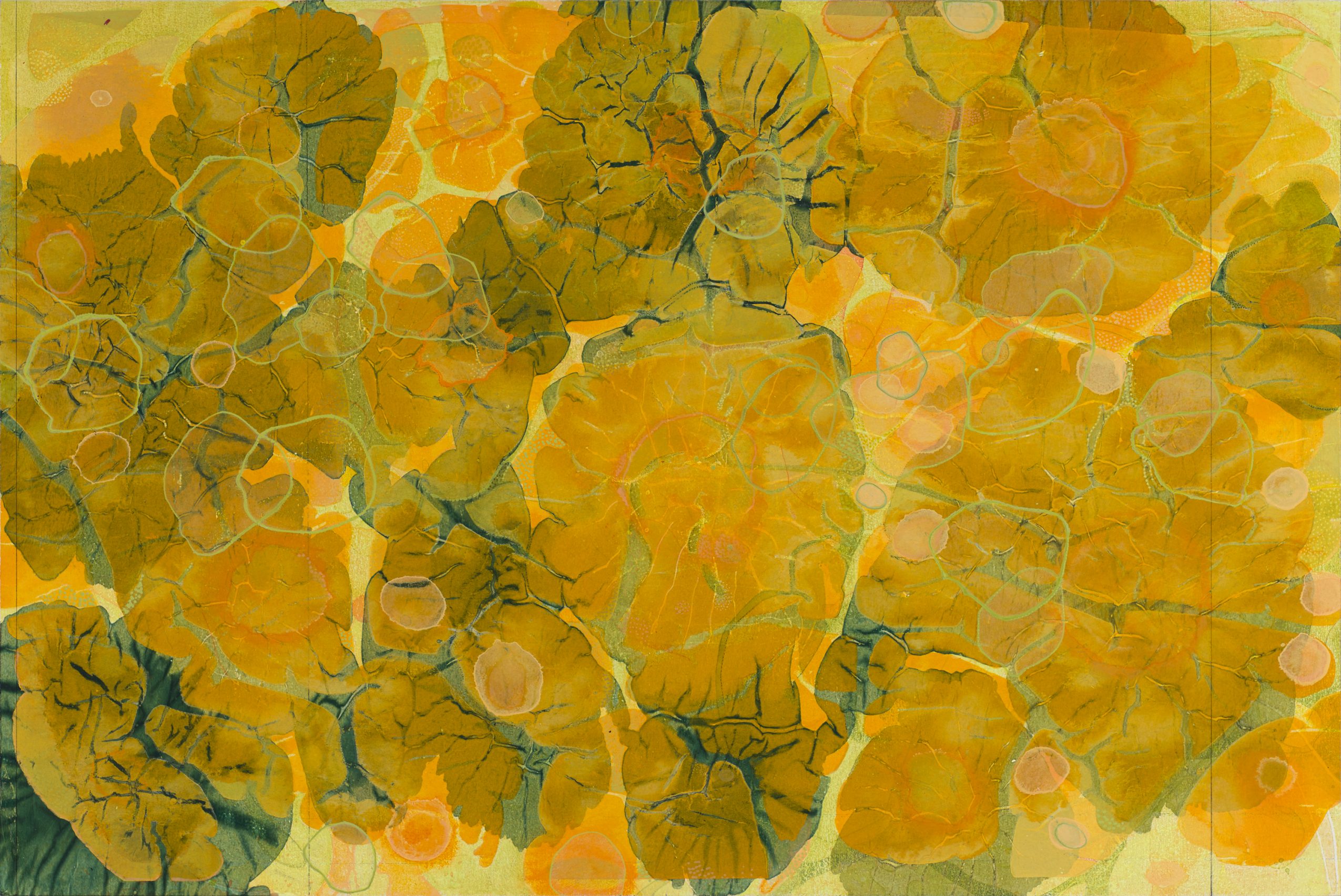
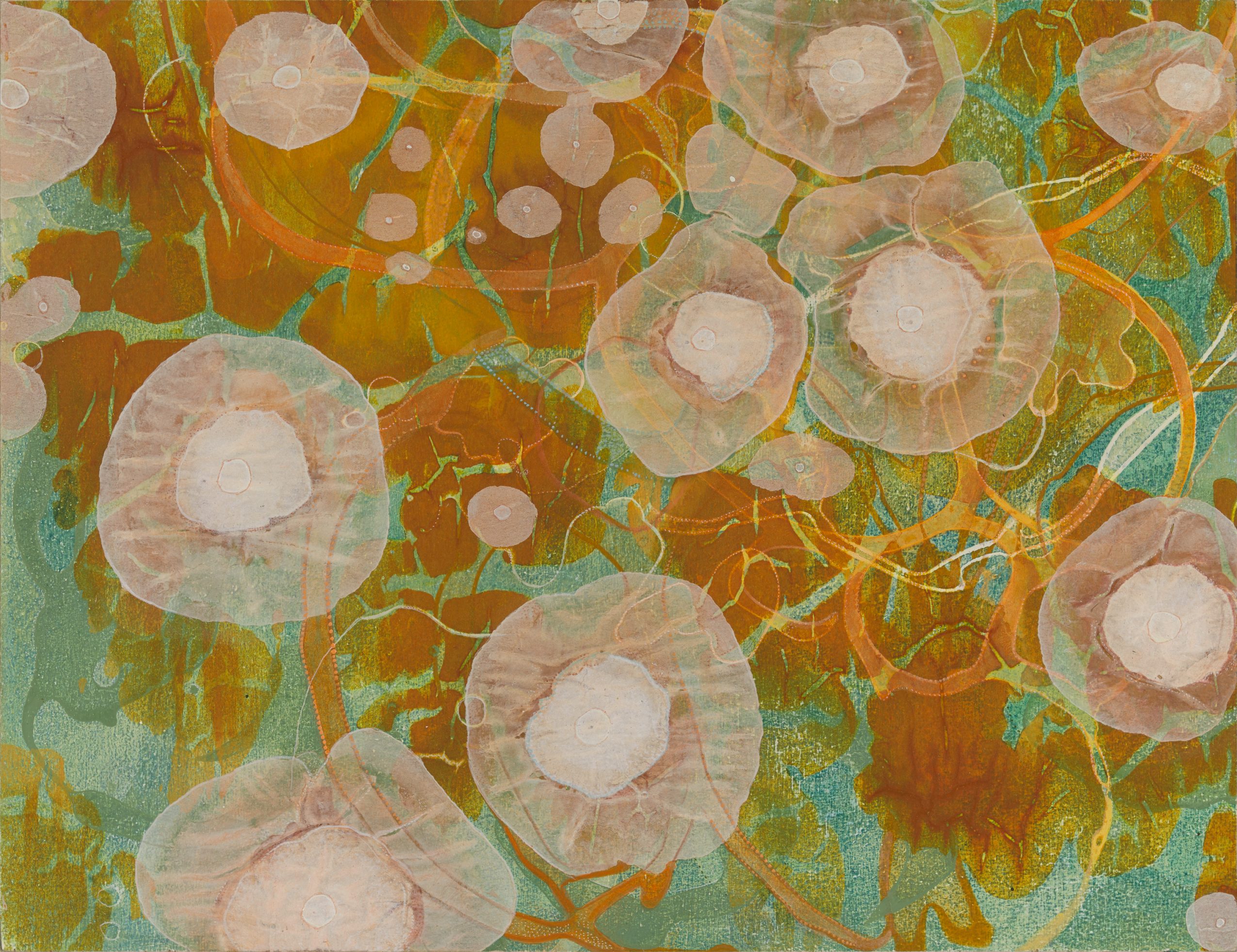 Image Credit:
Image Credit:
Luc Demers, Meg Brown Payson
Getting in touch: BostonVoyager is built on recommendations from the community; it’s how we uncover hidden gems, so if you know someone who deserves recognition please let us know here.

